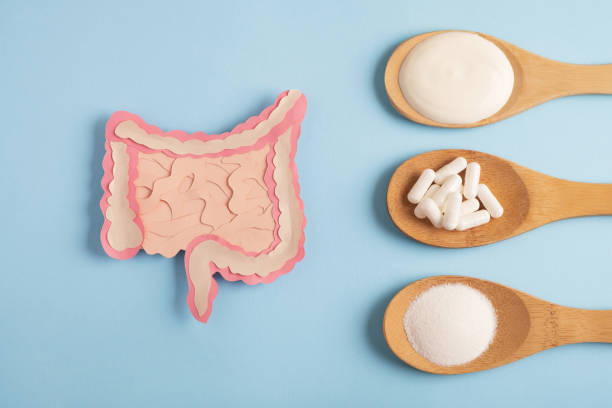
The Gut Microbiome and Its Role in Human Health
Share
The gut microbiome, a vast ecosystem of trillions of bacteria, fungi, and other microorganisms residing in our digestive tract, plays a critical role in overall health. Once thought to merely aid in digestion, research now reveals its far-reaching effects on immunity, metabolism, mental health, and chronic disease prevention. Maintaining a balanced and diverse gut microbiome is essential for optimal well-being. In this article, we’ll explore how the gut microbiome influences human health and how dietary and lifestyle choices can support its function.
The Gut Microbiome and Digestion
The primary role of the gut microbiome is to aid in breaking down food, synthesizing essential nutrients, and producing short-chain fatty acids (SCFAs) that promote gut health. A healthy microbiome helps in the digestion of fiber, regulates bowel movements, and prevents conditions like bloating, constipation, and irritable bowel syndrome (IBS). Certain probiotic and prebiotic foods, such as yogurt, kimchi, and fiber-rich fruits, can enhance digestive efficiency and microbial diversity.
Immunity and Disease Prevention
Approximately 70% of the immune system is housed in the gut, making microbial balance crucial for immune defense. Beneficial gut bacteria help regulate immune responses, preventing infections and reducing inflammation linked to autoimmune diseases. A compromised gut microbiome, often due to poor diet or antibiotic overuse, can lead to increased susceptibility to illnesses and chronic conditions such as diabetes, cardiovascular disease, and even certain cancers.
The Gut-Brain Connection and Mental Health
The gut and brain communicate through the gut-brain axis, with gut bacteria influencing mood, cognition, and stress responses. Microbes in the gut produce neurotransmitters like serotonin and dopamine, which are essential for emotional well-being. Research suggests that an imbalanced microbiome is associated with anxiety, depression, and neurodegenerative diseases. Consuming a gut-friendly diet rich in fermented foods and omega-3 fatty acids can positively impact mental health.
Factors That Affect Gut Health
Several factors shape the composition of the gut microbiome, including:
- Diet: High-fiber, plant-based diets encourage microbial diversity, while processed foods and excess sugar can disrupt it.
- Antibiotics and Medications: While necessary at times, antibiotics can deplete beneficial bacteria, leading to dysbiosis.
- Stress and Sleep: Chronic stress and poor sleep quality can negatively impact gut bacteria, increasing inflammation.
- Exercise: Regular physical activity promotes a healthier microbiome by fostering beneficial bacterial growth.
A thriving gut microbiome is fundamental to good health, influencing digestion, immunity, mental well-being, and disease prevention. By making mindful dietary and lifestyle choices—such as consuming fiber-rich foods, incorporating probiotics, managing stress, and staying active—you can cultivate a balanced microbiome for long-term wellness. The science behind gut health continues to evolve, but one thing is clear: a healthy gut leads to a healthier you.
Get more knowledge about eating healthy, please refer to The Anti-Inflammatory Kitchen.
